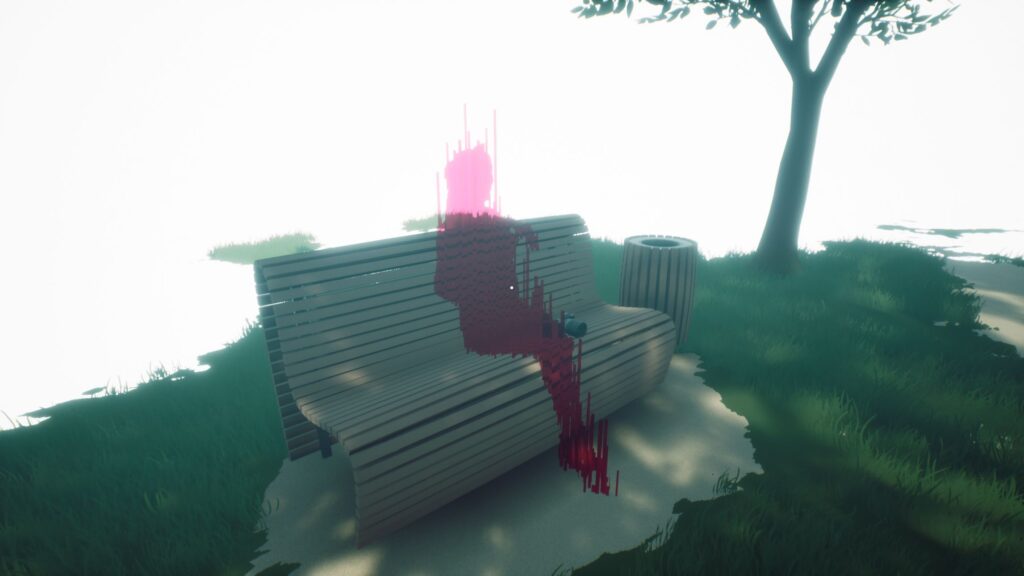
PC, PlayStation, Xbox
So few games are smart. Loads of games are fun, some are funny, others are thoughtful, but so few are smart. The Gap is smart. It’s also thoughtful and fun, albeit with caveats on the latter given its subject matters of neurodegeneration and lost memory. And yeah, me too, I also let out a deep sigh when I see yet another indie game that’s about grief or loss, because that feels like a coinflip at this point, but let me reassure you that The Gap is not only a novel and fascinating approach to the topic, but it’s also not maudlin or mawkish at any point.
A first-person game, this is unequivocally not a “walking simulator”, and dear god I’m so fed up of how lazily people use this excellent genre’s title as either a perjorative, or to describe any first-person game where there isn’t a gun bobbing at the bottom of the screen. This is a puzzle game, where you’re required to explore environments to find key items, read texts, listen to voice mails, crack phone codes and PC passwords, and so many other things that aren’t “walking”. Also, as you do all of this, you are constantly entering a fractal of memories within memories.
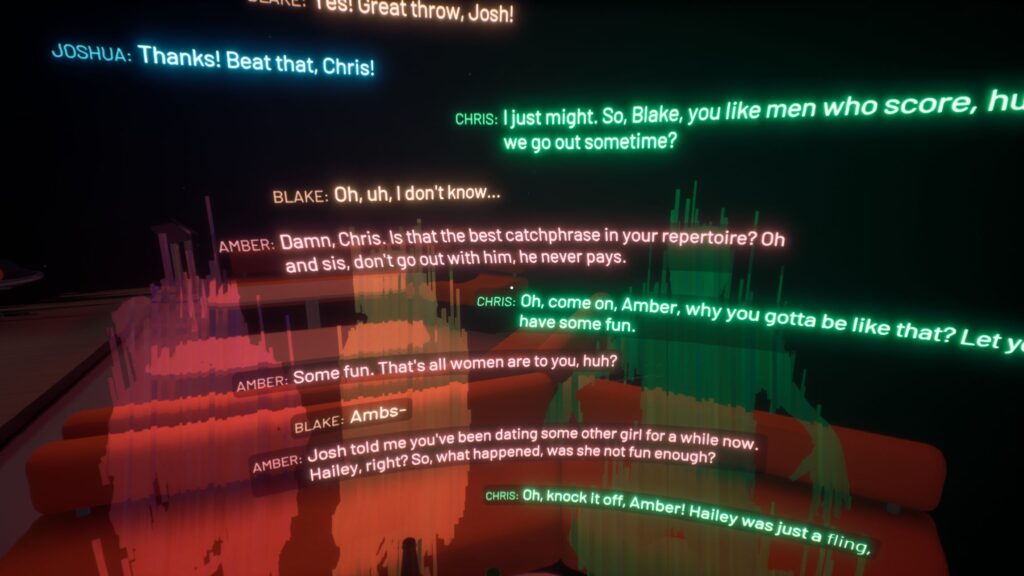
It’s 2040-ish, and Joshua Hayes PhD is having trouble with his memory. And his marriage. And his parenting. Members of his family are at risk of Huntington’s chorea, and as a neuroscientist, Joshua is determined to make a breakthrough in its treatment, and believes he’s found something significant relating to déjà vu. At the same time, a good friend of Joshua’s is working for a company called Neuraxis that is developing a neurobot – a form of nanobot they believe could help with conditions like dementia.
But it’s also 2029, and Joshua is at college, cramming for finals, and meets the love of his life, Amber. And it’s the late 2030s, and he and Amber have had a daughter…
Certain items, when looked at, will trigger memories, which take over your reality in a superb wibbly-wobbly special effect. Sometimes these will cast you into fractured remembered moments, signified by their disintegrating edges, a room in a black void. Other times you’ll find you’ve essentially time-travelled, remembering an earlier or later version of your apartment, these realities enfolded within each other like a matryoshka doll.
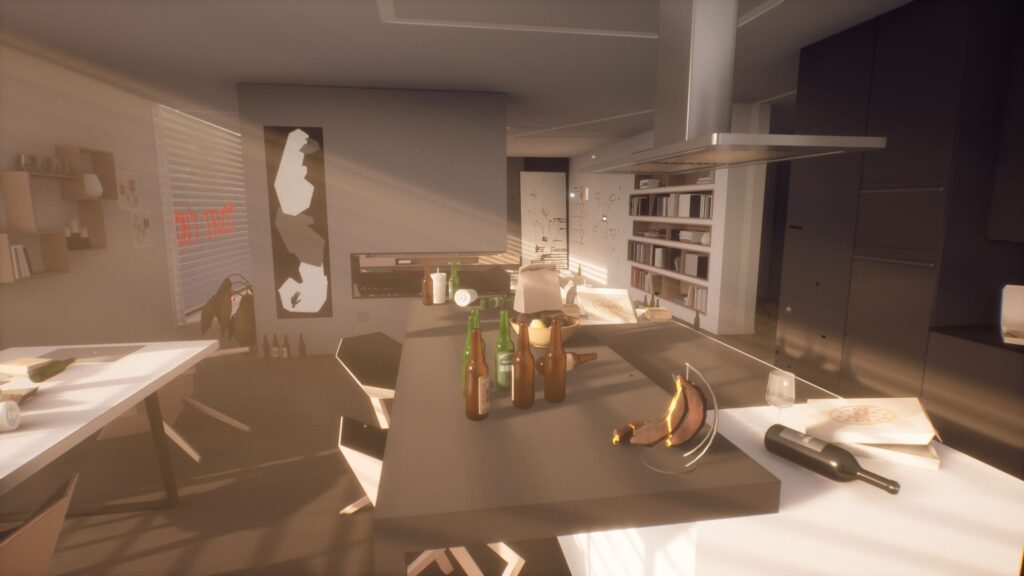
Why all this is happening is very much the point of playing, and while you’ll guess some aspects, you certainly won’t others. It’s testament to the excellent writing and structuring of The Gap that it manages to maintain its surprises and reveals, despite the apparently chaotic order in which you encounter Joshua’s life. So much of the story is environmental, the changing photos on the walls of the apartments, the evolving decor in his daughter’s bedroom, the pills on the side in the bathroom. While other elements are hammered home, there’s much that feels rewarding to spot for yourself.
There’s one point of confusion. Certain items in the world will trigger memories, but only after you’ve done… something. It repeatedly informs you at the start that you’ll need two objects to trigger a memory, but then has tens of items that work alone, and it’s never clear which might have been the second object in any given case when you do, and yeah – it’s a muddle. I wish there had been a better set of symbols on items to make this a lot more clear.
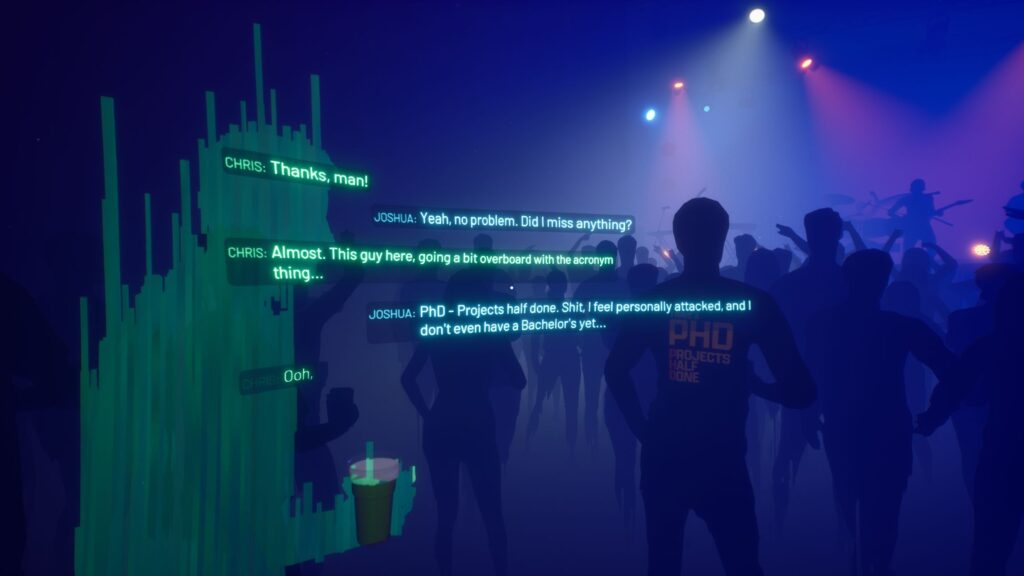
There are two endings, and it’s worth reloading (the game superbly lets you jump back in soon before the big decision) to experience both, in order to piece together as much of the story as possible. Plenty is left open to interpretation, and that’s a huge part of this game’s smarts. But if you want, there’s also the developers’ intent available, should you wish to spit on the corpse of Barthes.
I love the nonchalance with which The Gap delivers its high-concept scifi ingredients. It doesn’t get in the way, or do that, “LOOK! SEE! LOOK HOW IT’S THE FUTURE!” thing that games are wont to lean on. In fact, I really appreciated how calm and sensible it was regarding generic advancements between 2029 and 2045. We aren’t going to be riding flying cars in silvery suits in 20 years time, but we’ll likely have more interesting refrigerators. (I’ve been watching Netflix’s Bodies, and it’s incredibly silly in this regard, over the same time period.)
Oh, and the whole thing is beautifully rendered, every scene looking stunning, and the voice acting is AAA-standard. I’m so very taken with how it subtitles conversations in floating text around scenes, with shimmering outlines of half-remembered people.
The Gap is pretty special, handling its tough topics without histrionics, and is splendidly constructed. I think some will baulk at the price given its about five hours long, but it’s currently 20% off on Steam so now’s a good week to grab the October release.
- Label This, Crunching Koalas
- Steam, Xbox, PlayStation
- £17/$20
- Official Site
All Buried Treasure articles are funded by Patreon backers. If you want to see more reviews of great indie games, please consider backing this project.
82



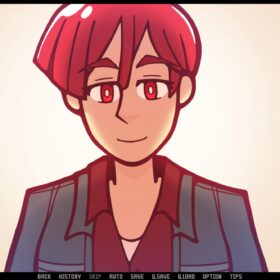

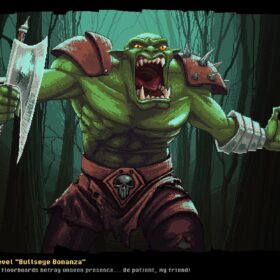
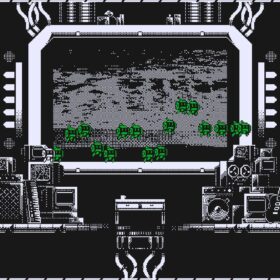

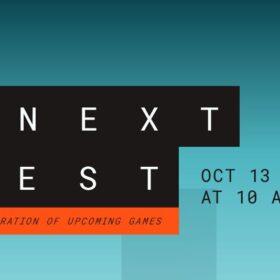
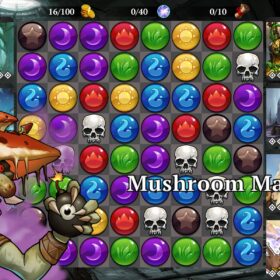
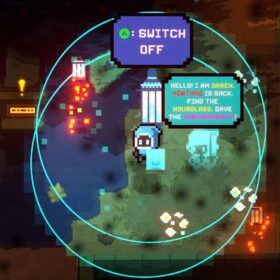


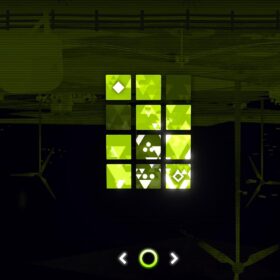
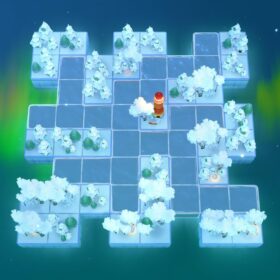
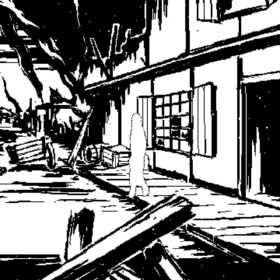



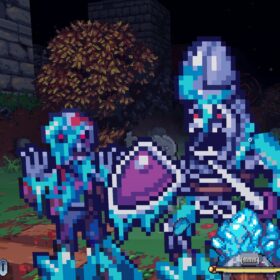
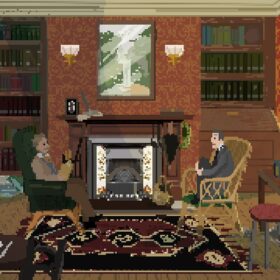
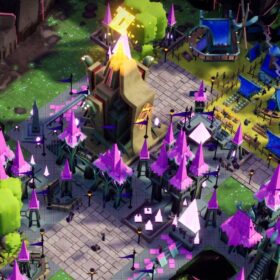
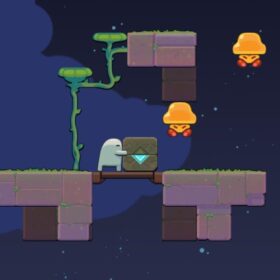
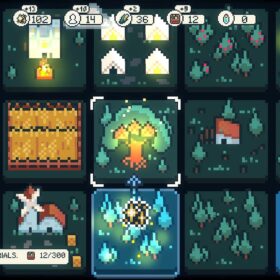

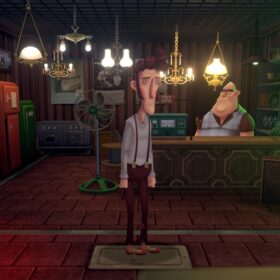
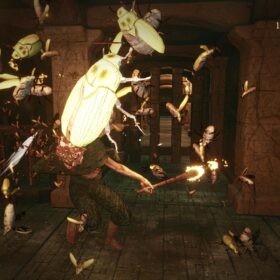

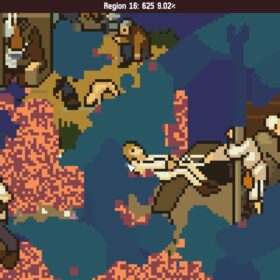
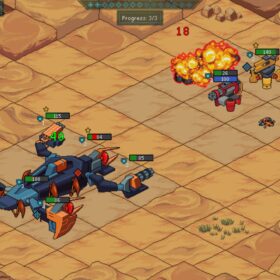


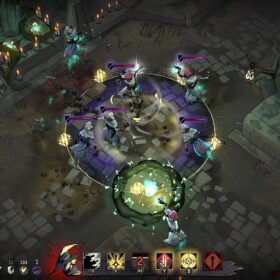
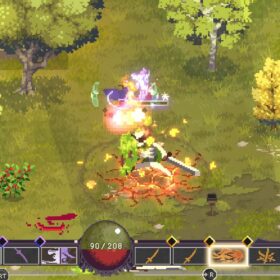
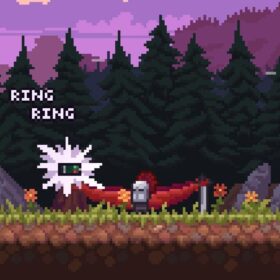
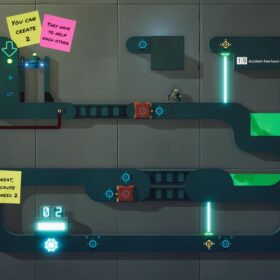
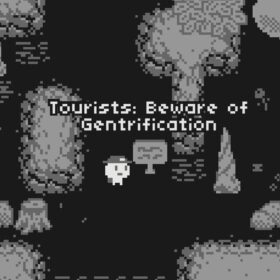

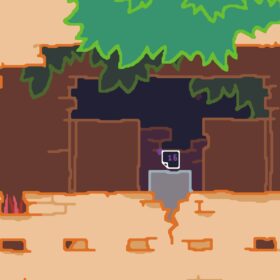
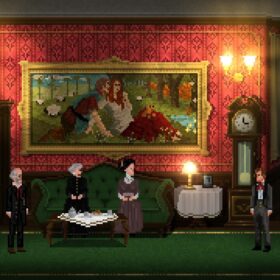

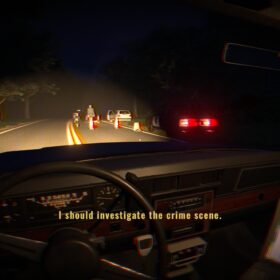
This one looks worth a buy. Having had to work with memory impairment after a brain injury myself, its nice to hear that the topic is actually handled well in a game format.
Normally I steer clear of adventure, story driven games (novels seem to hit the empathy more reliably) but I think I’ll try this one. Thanks for the review.
This sounds great, thanks for the review John 🙂